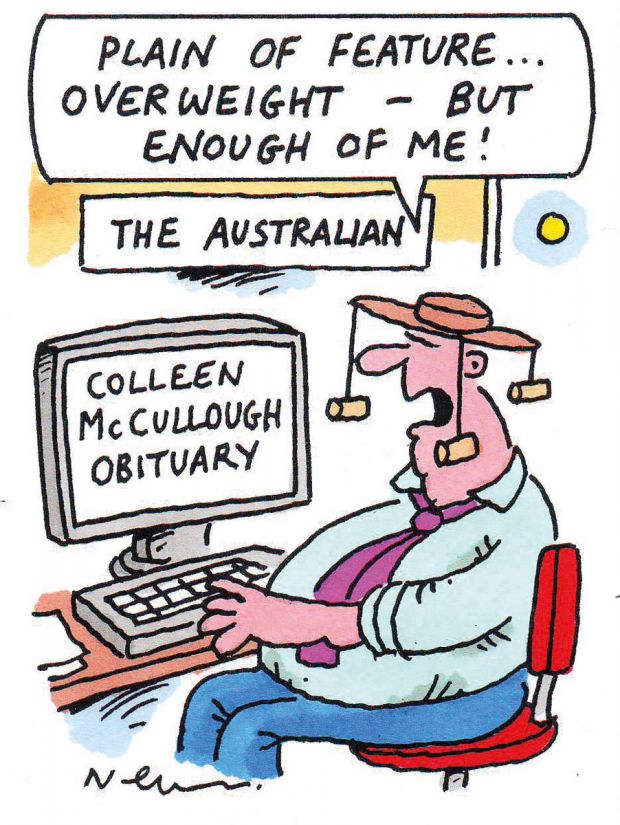
- The government’s plan to curb extremist speakers on university campuses was facing mounting opposition as Times Higher Education went to press. In a letter to The Guardian, published on 3 February, more than 500 professors warn that the proposed counter-terrorism and security bill is “unnecessary and illconceived”. The plan to put universities under a statutory duty to prevent people from being drawn into terrorism would be counter to universities’ duty to protect freedom of speech, they argue. Concerns are also raised in a letter to THE this week from the chairs of subject associations in the arts, humanities and social sciences, which calls for universities to be exempted from the duty. As THE went to press, the proposed legislation was due to be debated again in the House of Lords on 4 February. Among the peers to speak against the plans have been Baroness Manningham-Buller, the former director general of MI5 and now chair of council at Imperial College London.
- The obituary of a best-selling Australian author and academic raised eyebrows around the world thanks to a backhanded compliment that was labelled extraordinarily sexist. Colleen McCullough, whose novel The Thorn Birds sold more than 30 million copies, was remembered in The Australian on 29 January as “plain of feature, and certainly overweight, [but] nonetheless a woman of wit and warmth”. The obituary went on to mention McCullough’s other achievements, including her decade as a researcher in neuroscience at Yale School of Medicine, but its opening provoked outrage on social media. Many Twitter users imagined what #myozobituary would look like, with one writing about the “failure of a woman due to her big head, not-a-bikini-body and lack of children”. Strangely, last week’s tributes to Winston Churchill to mark the 50th anniversary of his funeral mostly overlooked his portliness, his baldness and his false teeth.
- If the Greek-inspired anti-austerity reforms sweep across Europe and ruin the euro, one UK university might have some explaining to do. The University of Essex has produced three graduates who are playing central roles in the newly elected left-wing Syriza party, whose policies risk destabilising the eurozone, according to The Times on 28 January. Yanis Varoufakis, Greece’s new finance minister – who met chancellor George Osborne this week dressed in a leather jacket – studied mathematical economics at Essex; Rena Dourou, governor of the Attica region, and Fotini Vake, representative for Corfu, are also alumni. Almost 4,000 Greeks have studied at Essex since it opened some 50 years ago, but lecturers deny that it is a breeding ground for radicals. “[We’re] not leftist or rightist but about asking questions and probing those questions with high-quality data and evidence,” an Essex tutor told Radio 4’s Today programme.
- Two students have been fined for carrying signs saying “Fuck The Poor” in the middle of a busy street, the Daily Mirror reported on 2 February. Police were called to Market Street near the University of St Andrews on 31 January after shoppers complained that sandwich boards worn by the pair contained an “offensive” message, the paper says. The aim was apparently to highlight attitudes to poverty, and the pair later displayed signs for Unicef. However, the satirical point was lost on officers, who issued the students with fixed penalty tickets under antisocial behaviour legislation.
- Higher education has at last become the politically “weaponised” topic that many believed it would be in 2010. The coalition probably thought that the record number of university applicants announced last week would nuke any criticism of the £9,000 fees imposed in 2012, but Labour fired a few student-related salvos nonetheless. Although a record 592,290 people had applied for full-time courses by mid-January via Ucas, many more should have applied, the party claimed. Liam Byrne, Labour’s shadow higher education minister, said that the additional 12,000 or so applicants seen by Ucas this year was far below the extra 60,000 students anticipated by the Treasury just last year. However, he made no mention of the increasingly fevered atmosphere building around Labour’s own yet-to-be announced fees policy.
Register to continue
Why register?
- Registration is free and only takes a moment
- Once registered, you can read 3 articles a month
- Sign up for our newsletter
Subscribe
Or subscribe for unlimited access to:
- Unlimited access to news, views, insights & reviews
- Digital editions
- Digital access to THE’s university and college rankings analysis
Already registered or a current subscriber? Login
